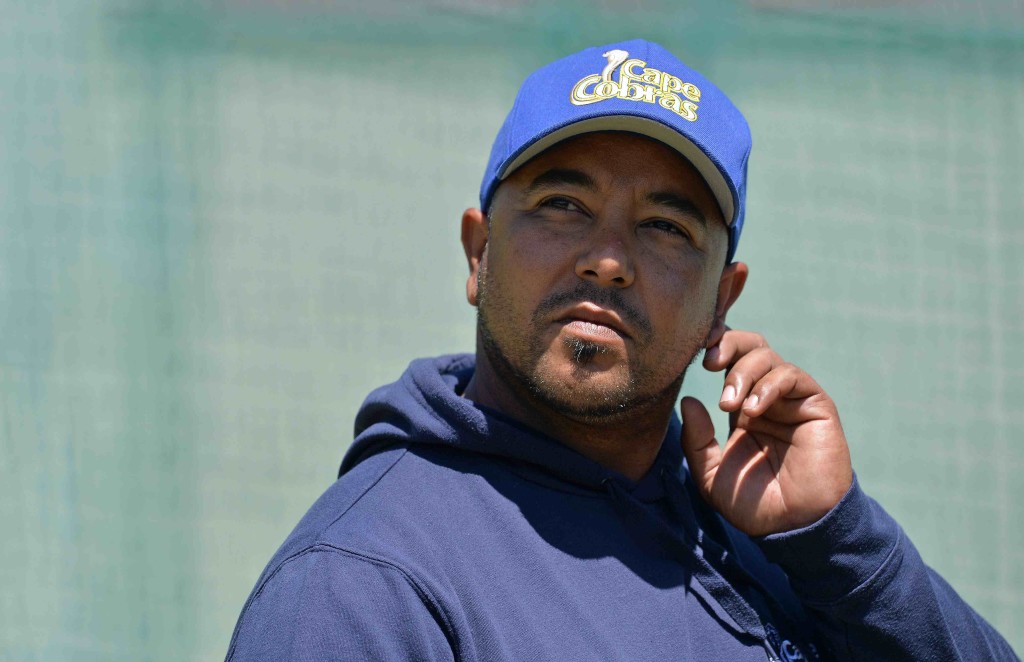Paul Adams’ revelations about racism should have been South African cricket’s Azeem Rafiq moment, writes GASANT ABARDER in his weekly Cape {town} Etc column.
When Rafiq lifted the lid on the racism he faced at Yorkshire County Cricket Club in England last week, he revealed the dirty underbelly of discrimination black and players of Asian descent faced in the game in that country.
It wasn’t dissimilar to Adams’ testimony at Cricket South Africa’s at its Social Justice and Nation Building (SJN) hearings. But the big difference: we’ve let Paul Adams down.
I remember as a 17-year-old matriculant being a Paul fan boy. He was just a year older than me. After an incredible spell of bowling for the SA A against a touring England side, he was promptly drafted into the Test side. For the rest of that 1995-96 series he tormented their batters with his unorthodox ‘frog-in-a-blender’ action.
Paul has no idea how he inspired me. In a radio interview, he revealed that Coolio’s ‘Gangster’s Paradise’ was his favourite song at the time and I was an even bigger admirer. I lapped up every bit of news about Paul in newspapers and broadcasts. It wasn’t just me. An entire generation of young men who looked like Paul and I were inspired by him to chase our dreams – in whatever field or career choice.
But what we didn’t know – and only found out a few months ago – was how Paul was racially abused by his own teammates. The teenager from Grassy Park didn’t even realise it until it was pointed out to him by his then-girlfriend, who is now his wife.
Paul gave black cricketers the hope they needed that they too could break into an elite and exclusive old boys’ club. He did it with such confidence and bravado. The then United Cricket Board of South Africa and Ali Bacher saw this and held Paul up as the poster boy for a new cricket dispensation. They used him.
When Rafiq’s revelations to British MPs were broadcast live on news networks in the UK, it was on every front page and the lead story on every website. When Adams revealed how he was called a “brown shit” by his white teammates it was only apparent if you really followed cricket or the SJN hearings.
Was Paul’s testimony maybe not that newsworthy? Well, let’s examine that.
Among the players that called Paul a “brown shit” was Mark Boucher – the current coach of the Proteas side. He offered a twee written apology and it was over. No further consequence. And he carries on coaching a Proteas team in 2021 that is meant to be diverse but torn apart by something as simple as taking a knee in support of the Black Lives Matter movement.
Boucher declined to address the SJN hearings (where his and his buddy Graeme Smith’s cosy appointments were laid bare, too). But we didn’t read about it in the papers or the news sites or on radio or TV broadcasts. You had to watch on YouTube to know the extent and follow some brave cricket writers like Firdose Moona.
That Boucher is still the coach is unconscionable and the head honchos at Cricket South Africa and its board should hang their heads in shame. But our media is as complicit because when the cricket scribes should have been calling for Boucher’s head their silence was deafening.
It has been suggested that the media had resource constraints. Maybe this wasn’t important enough as the narrative of Paul the nation-builder?
I have spoken to many black, Indian and coloured cricketers who were Boucher and Smith’s peers to know these two were at the top of a dressing-room hierarchy. Cross them, and you kissed your career goodbye. Yet, both find themselves at the very heart of the national team and the game when we want a diverse team to represent us.
Imagine what it feels for those who missed out on playing international cricket because of their skin colour when cricket bodies celebrate the achievements of those who represented cricket during apartheid South Africa and your own contribution is forgotten.
Imagine how Paul must feel every time he switches on the TV and sees Boucher still in charge of the Proteas despite being a racist.
Paul’s testimony should have sparked a new movement for us to do right by young black, Indian and coloured cricketers. Instead, the silence by which Paul’s testimony was met leaves a festering scar and keeps our heads in the sand.
We’ve let them down. We’ve let Paul Adams down.






